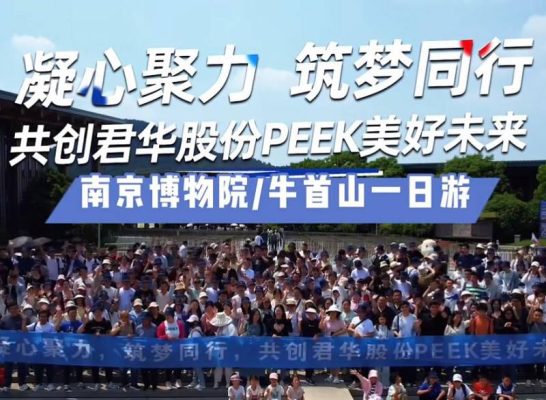How to process large-size, thin-walled, and long PEEK shaft sleeves
PEEK (polyetheretherketone) is an aromatic crystalline thermoplastic special polymer material with excellent physical and chemical properties such as high mechanical strength, high temperature resistance, impact resistance, corrosion resistance, hydrolysis resistance, and wear resistance. PEEK is widely used in the aviation industry, mechanical industry, electronic and electrical industries, etc. due to its excellent comprehensive performance.

Large size, thin wall PEEK long bushings
In actual applications, common PEEK products are sealing rings, insulating rings, sleeves, etc. However, large-sized, thin-walled, and long PEEK sleeves are difficult to process because they are prone to deformation during clamping and vibration.
Solution to the problem of clamping deformation
1. When machining PEEK pipes, if the size requirements are very high, try to double-sided grind the outer circle of the PEEK pipe to ensure that the roundness of the PEEK pipe can be well maintained regardless of the clamping method.

Pneumatic and hydraulic three-jaw chuck
2. When clamping PEEK pipes, try to use manual three-jaw chucks and spring collets, and try to avoid using pneumatic and hydraulic three-jaw chucks. (Since the three-jaw chuck is subjected to force at only three points, pneumatic and hydraulic control can easily cause the pipe to lose its roundness, and the size is difficult to guarantee.)

Spring Collet
The spring collet can wrap the PEEK tube as a whole (PEEK tube with a ground outer circle is preferred), with more stress points, which is conducive to maintaining the stability of the processing size. The clamping force of the manual chuck can be manually controlled, which is also conducive to size control.

Manual three-jaw chuck
Solution to vibration problem
Taking the actual processing example as reference, the sleeve has an outer diameter of 137mm, an inner hole of 127mm and a length of 342mm. The inner hole cutter uses a Φ60*400mm anti-vibration tool bar made of special steel. The excellent material properties can effectively control the trembling of the tool bar and better control the inner hole tolerance and finish of the product.
The front end of the outer circle of the product is supported by the middle bracket. The clamping force needs to be adjusted appropriately, otherwise it will affect the roundness of the inner hole of the processed product or the displacement of the workpiece. A cover is made to support the step of the inner hole at the rear end to prevent the three claws from affecting the roundness of the product. The outer circle will be processed by using a metal mandrel to punch the table and then completed.

Junhua PEEK
Junhua PEEK CNC workshop has nearly 15 kinds of processing equipment, including CNC lathes, manual instrument lathes, drilling machines, centerless grinders, double-sided grinding, single-sided grinding, etc. In order to improve processing efficiency, many parts are automatically clamped using automated equipment to achieve 24-hour uninterrupted production and ensure high-quality and efficient production of product parts.
At Junhua, we are constantly researching and improving existing equipment and processes, introducing advanced technologies, and making innovative improvements to meet the market’s requirements for functionality, reliability and safety. We have currently completed the application research and development and production of more than 20,000 PEEK parts.
We always advocate rigorous craftsmanship, pragmatic work attitude, strict inspection, and efficient management, and are always ready to meet all your needs for products and services.




